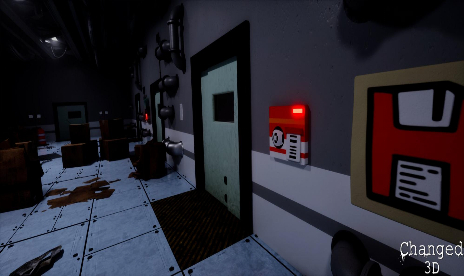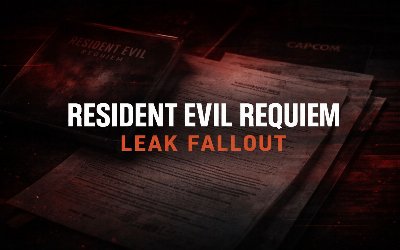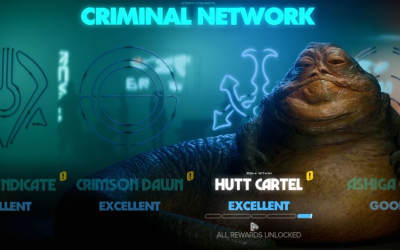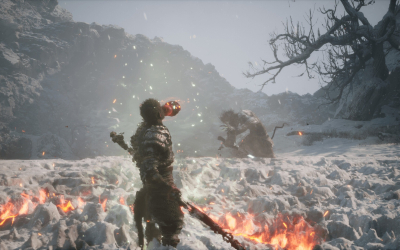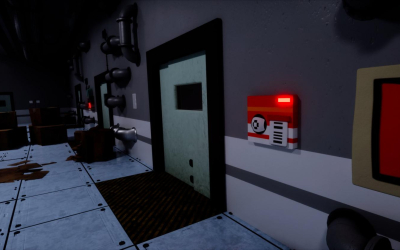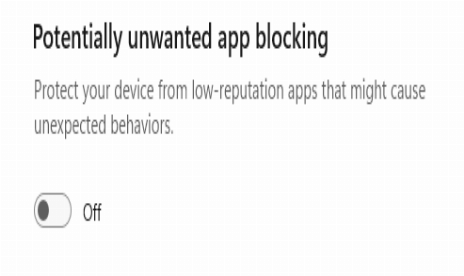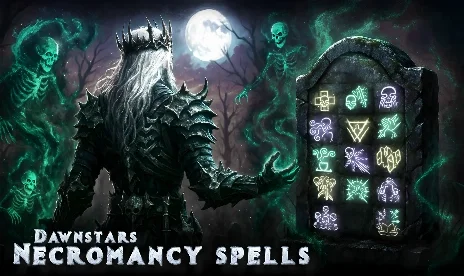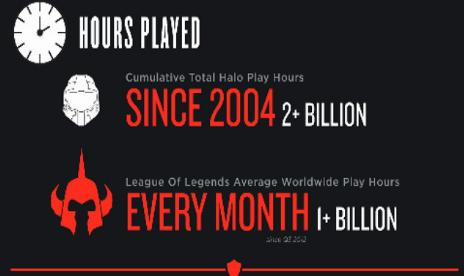Se descubre una vulnerabilidad en el motor Unity: Juegos retirados de la lista hasta que se apliquen los parches

A serious security vulnerability affecting Unity engine versions since 2017.1 was revealed in October 2025, prompting patch releases and the temporary delisting of multiple Unity-based games while developers address the issue. Unity rates the flaw as high severity (CVSS 8.4), though the company states there is no evidence the exploit has been used maliciously. PC Gamer first reported on the dormant exploit’s discovery.
How the Vulnerability Works and What Platforms Are Affected
The flaw stems from unsafe file loading and local file inclusion vulnerabilities. In some conditions, attackers could use command-line arguments to trick a Unity application into loading arbitrary libraries or executing unauthorized code. Affected platforms include Windows, macOS, Android, and Linux. Según Unity’s official remediation guide, any Unity builds created with versions from 2017.1 through current 2025 releases may be at risk.
Unity has issued patched editor versions (2019.1 and later) and released a Unity Application Patcher for Windows, macOS, and Android. The patcher cannot be applied to games that use certain anti-tamper or anti-cheat systems, or for Linux builds. Unity advises developers to either rebuild affected applications with a patched editor or apply the patcher before republishing updated versions.
Game Delistings and Industry Response
Several Unity-based titles have been temporarily delisted from major digital stores while patches are being rolled out. Affected titles include Refugio Fallout, Pentimenty Wasteland Remasterizado. Existing owners retain access, but new purchases are paused pending verification. PC Gamer confirmed that several Microsoft-published titles were among those impacted.
Según Pure Xbox, some Xbox Store listings were also pulled as a precaution. While console versions appear less vulnerable, certain companion apps and cross-platform components that use Unity share similar code paths. Platform holders such as Microsoft and Valve have reportedly collaborated with Unity to expedite the certification and patch approval process.
Patch Timeline and Developer Guidance
| Milestone | Fecha | Details |
|---|---|---|
| Vulnerability Discovered | June 4, 2025 | Security researchers identify exploit path in Unity engine |
| Patch Released | October 2, 2025 | Unity publishes patched editor versions and standalone patcher tool |
| Delistings Begin | October 3–4, 2025 | Steam and Xbox remove affected Unity games until verified updates arrive |
| Public Disclosure | October 5, 2025 | Unity and press outlets announce vulnerability details publicly |
Unity strongly urges developers using Unity 2017.1 or later to take immediate remediation steps. Teams should rebuild using patched editor versions or apply the patcher utility, then republish updated builds to stores. The Verge reports that Unity has also engaged directly with major storefronts to implement platform-level mitigations and verification checks.
Impact on Players and the Industry
For most players, the short-term impact is minimal beyond temporary game unavailability. Still, uninstalling delisted titles or delaying downloads until patched versions release is a cautious move. For developers, this serves as a stark reminder of the importance of continuous engine maintenance and dependency auditing. Vulnerabilities can persist unnoticed for years, as this issue—affecting builds across nearly a decade—demonstrates.
The Unity vulnerability may mark a turning point for security practices across the game industry. The rapid response from platform holders and developers alike shows how seriously engine-level vulnerabilities are now treated. This incident underscores that even well-established engines require rigorous security scrutiny to keep millions of players safe.


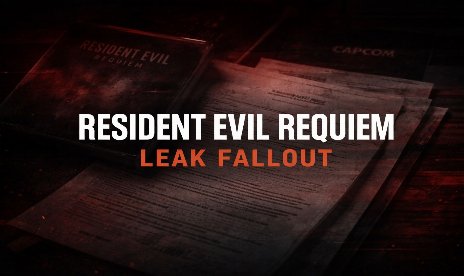


![Magicraft v1.2.15-v1.2.19+ (+13 Trainer) [FLiNG]](https://9588947a.delivery.rocketcdn.me/wp-content/uploads/2026/02/Magicraft-02-464x276.jpeg)

![Just Cause 3 v13012026 (+13 Trainer) [iNvIcTUs oRCuS]](https://9588947a.delivery.rocketcdn.me/wp-content/uploads/2026/01/Just-Cause-3-01-464x276.jpg)





